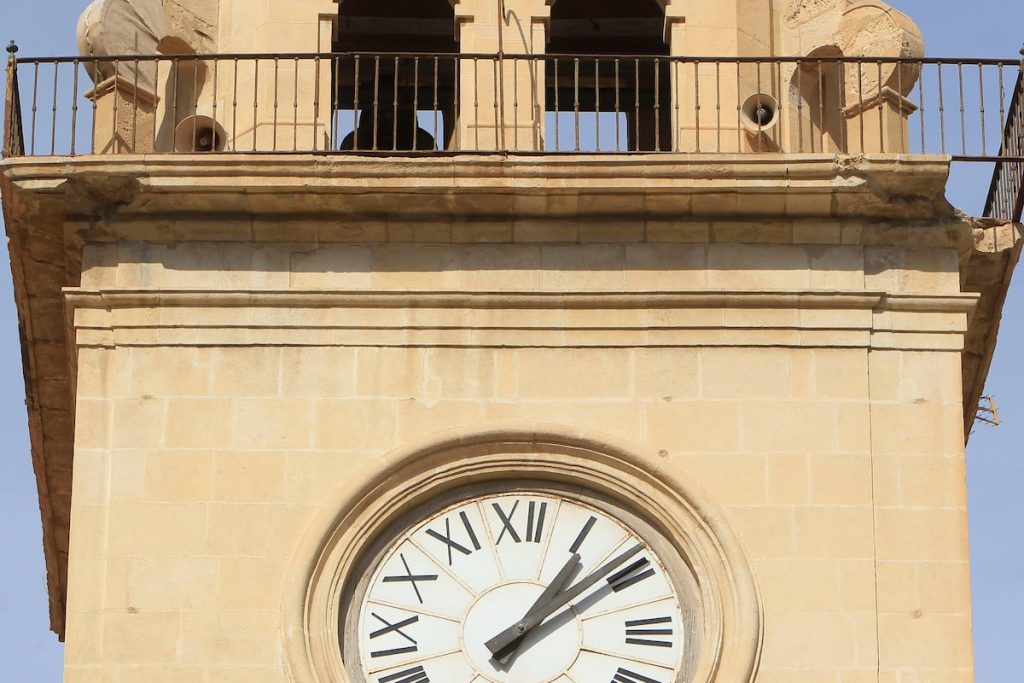For fifty years, Spaniards have been changing their clocks twice a year, but the debate about Daylight Saving Time continues. This weekend, on October 27, we will turn our clocks back an hour, gaining an extra hour of sleep, but also setting off a series of effects on our bodies and moods. The question remains: how long will we continue this routine, and more importantly, when did it all start? The history of daylight saving time in Spain dates back to the oil crisis of 1974, triggered by the Yom Kippur War, when the change was implemented to save energy. A European directive in 2002 established the specific dates for the time change – the last Sunday in October for winter time and the last Sunday in March for summer time.
However, the oil crisis was not the first time Spain adjusted its clocks. Historical events, like wars, have played a role in these changes. During World War I, Kaiser Wilhelm II of Germany moved the clocks forward by an hour to save coal, leading many countries, including Spain, to follow suit. After the war, most countries dropped this practice except for the Brits. World War II saw Hitler and his allies adjusting the time again, with Franco in Spain doing the same during his dictatorship. This decision left Spain in a time zone more suited to Germany than its actual geographical location, as explained by experts in a report showing the variations of sunlight across Spain based on the chosen time system.
A reader of EL PAÍS wrote to the editor pointing out Spain’s current time zone is closer to Germany’s despite its geographical location. The reader highlighted the historical decisions that led to this confusion, and the fact that Spain hasn’t returned to its original time zone since. The debate continues, and for now, Spain will have to wait until at least 2026 for any potential changes. Daylight Saving Time has become a biannual routine in Spain, impacting people’s daily lives, moods, and sleep patterns. While the extra hour of sleep may be beneficial in the short term, the long-term effects on our bodies and emotions are a cause for concern.
The ongoing debate about the effectiveness and necessity of Daylight Saving Time persists, with arguments for and against the time change being discussed every year. However, the tradition continues, with Spaniards adjusting their clocks twice a year without a clear end in sight. The history of these time changes in Spain is rooted in wartime decisions and energy-saving efforts, but the long-term implications on society and individual well-being are still being debated. The current time system in Spain does not match its geographical location, leading to a disconnect between solar time and official time.
As the clocks are set to change once again this weekend, the effects of Daylight Saving Time on our bodies and minds will soon become apparent. The question of how long this tradition will continue remains unanswered, as Spain has been following this routine for five decades. While the extra hour of sleep may provide temporary relief, the overall impact of these time changes on our health and well-being is a topic of ongoing discussion. The historical context of these time adjustments in Spain sheds light on the reasons behind the current time system and the challenges it presents for individuals and society as a whole.


